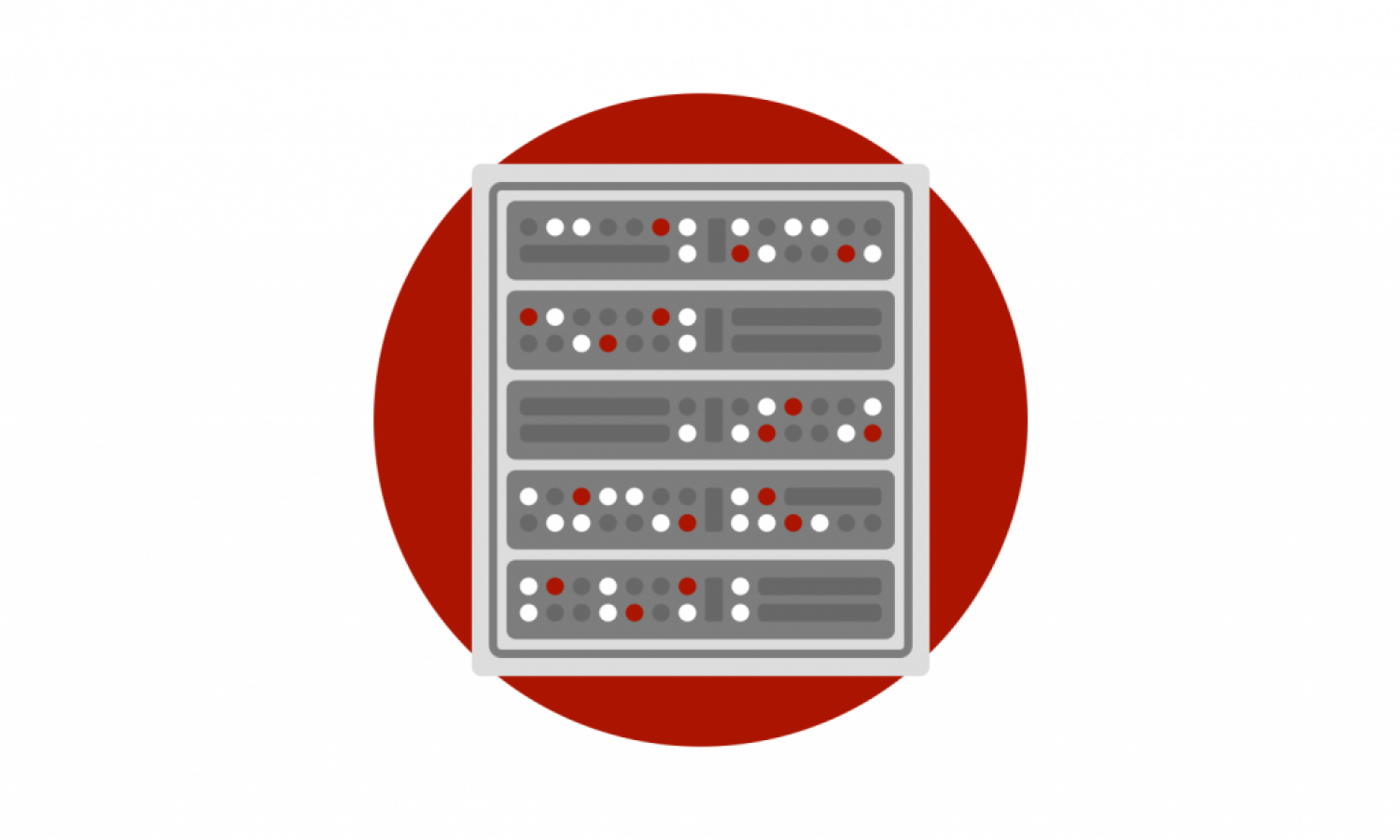PIPA vs. ECPA: A Story of Education

Remember SOPA and PIPA? Of course you do. While defeating this bad legislation was a great victory for the Internet and one that should not be undervalued, the bill’s defeat didn’t magically teach Congress how the Internet worked. A lack of Internet education continued to threaten the Internet’s future. Fast forward nine short months to September 2012 and our group sought to fill that void with the formal launch of the Internet Infrastructure Coalition (i2Coalition). We founded i2Coalition to bring together the companies that build the Internet and provide a unified voice in the ongoing fight for Internet freedom.
While our goals are clear, to preserve and promote a free and open Internet, we knew that there would be a lot of hard work and long hours to achieve sustainable success. We embraced a collaborative approach with our members to educate lawmakers about how the Internet works. Who better to educate Congress about the Internet than the industry that builds it, right?
In the eight months since our launch, the i2Coalition has made educating Congress a top priority and has cemented our public policy goals. We’ve educated elected officials and staff members during many meetings, briefings, and of course through our successful Internet Advocacy Day on Capitol Hill. Our goal of filling the Internet knowledge gap on Capitol Hill is one we can see working!
With that in mind, I was watching U.S. Senate Judiciary Committee Chairman Patrick J. Leahy (D-VT) handle the markup last week of the Electronic Communications Privacy Act (ECPA) and was impressed. Remember: Sen. Leahy was the primary sponsor of PIPA! The difference between the way that Sen. Leahy handled PIPA vs. ECPA is remarkable. ECPA reform is essential to a free and open Internet, and Senator Leahy’s efforts showed in the markup that he can be a capable Internet freedom fighter. He has clearly taken the time to better understand the Internet and the needs of its users. We have tried to be a resource in this through our own engagement with his office, and the offices of more than 50 other Congressional leaders in the past eight months. It further underscores our need to continue to educate legislators about the Internet, because it seems to be working.
Though Senator Leahy was on the other side of us when it came to PIPA, I don’t believe that he was trying to hurt the Internet. He undoubtedly had intellectual property interests engaging him constantly, and he was trying to solve problems with the information he had available at the time.
He didn’t have the Internet industry engaged in the conversation and didn’t understand the unintended consequences that would have occurred from the legislation. Now we are showing up too and making our voices heard as well. The credibility we have been able to generate in short order has been incredibly encouraging. Nowhere can this be seen more clearly than in ECPA reform. The i2Coalition has directly worked with legislators including Sen. Leahy’s staff on ECPA, and we can directly see the result.
With both PIPA and ECPA, Sen. Leahy may have been attempting to bring needed reform and be a champion for the Internet, but on ECPA he really got it right. It just goes to show that he can only solve problems effectively when the right knowledge is presented and the right problem solvers are at the table, which is why the work of the i2Coalition is so important.
If you share our passion for the Internet and believe that education and innovation is vital for its continued growth, we invite you to join us! Consider registering for our May 7th webinar from 2:00-3:00 p.m. EST in partnership with The Web Host Industry Review about “12 Reasons to Join the Internet Infrastructure Coalition (i2Coalition): What You Get and Why it Matters.” Please register today and learn how you can help preserve Internet freedom!

